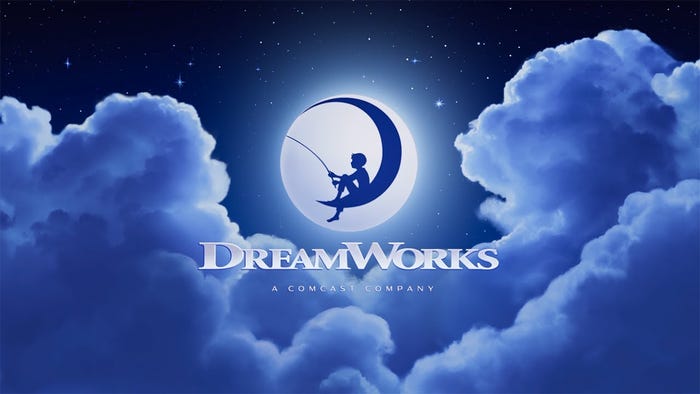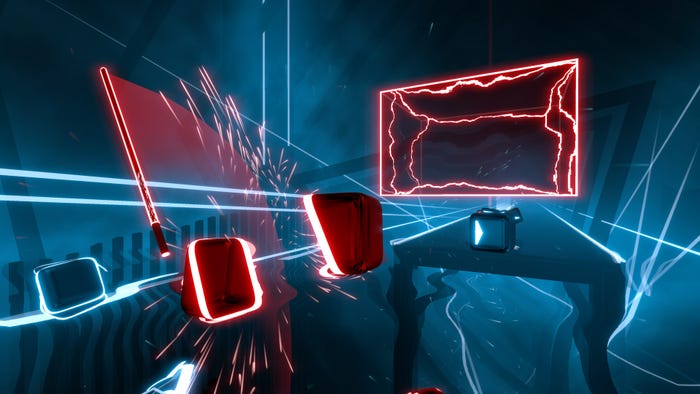
Featured Blog | This community-written post highlights the best of what the game industry has to offer. Read more like it on the Game Developer Blogs.
Experiment 0: The SCIENCE! Method (it works, bitches)
One of the things we’ve been looking at recently is our project methodology, and we’ve decided to create our own. The method we’ve come up with is called SCIENCE!, and below is the methodology as it currently stands.

(Reposted from www.throwthelookingglass.com)
One of the things we’ve been looking at recently is our project methodology, and we’ve decided to create our own (for a number of reasons, detailed below). The method we’ve come up with is called SCIENCE!, and below is the methodology as it currently stands.
As we continue development of Particulars, we’ll be posting experiments that we’re running (usually after completion) and updating you on the details of the SCIENCE! Method.
Aim
To date, our usage of the SCRUM project methodology has been patchy at best. The plan was always to adapt the parts of the methodology that worked for our situation into our situation, but a lack of clarity of exactly what SCRUM is has led to its patchy implementation.
In “particular”, we have found that the data collection and reflection aspects of the process have been lacking.
We’re proposing the following methodology based loosely on SCRUM, known as SCIENCE!, to assist with these issues.
Our hypotheses are:
That creating our own methodology will give ourselves and our team a greater sense of ownership of the development process itself
That the scientific metaphor will help create clear direction as to the process of the methodology
That this metaphor will create greater emphasis on the data collection and analysis portions of the methodology, and cause us to better complete them
Method
The methodology can be split into two parts:
The development of individual “Experiments” which refers to the completion of specific tasks for greater knowledge. Experiments are analogous to theoretical science, where the key result is knowledge.
A “Study” is both a specialised form of experiment which is conducted over a period of 2 weeks. They’re like ‘sprints’ in SCRUM, where its a period in which the team aims to get certain tasks done.
The goal of the methodology is to create learning quickly, and to harness this goal, there is a specific measure of learning, milliBrains. MilliBrains are a rather arbitrary measurement that can be awarded for completed experiments or during the Analysis portion of Study labs. The rate of milliBrains being harvested from the project will be tracked.
The methodology of “Experiments” is as follows:
Any team member proposes one or more hypotheses to test
The aim of the proposed experiment and hypotheses it will test is placed in a new topic in the ‘Hypotheses’ forum
This ‘experiment topic’ is open for comment by any development team member
At a Lab (Business, Marketing, Development, Planning or Other), the method of the experiments are developed, and which experiments to continue with are agreed upon.
The methods are to be added onto the existing experiment topic on the forums.
A method consists of two parts: the general method to be tested (ie. this part), and a data collection and analysis plan (see below).
Accepted experiments are moved to the ‘experiments’ forum
The experiment is run.
Data collection and Analysis is completed and presented at Labs, and is documented in the forum topic.
The forum topic is moved to the ‘Completed Experiments’ forum
The methodology of a “Study” is as follows:
At the beginning of a Study groups determine:
how this study fits into the overall picture of the development
what tasks they need to do during this Study
what tasks they actually think they can do during the Study
how this might affect the development as a whole
A Study utilises knowledge gained from previous, and ongoing, experiments to ensure the successful completion of tasks assigned for the Study.
At the conclusion of the fortnight a Study has to publish and present their results for data collection and analysis.
Each Study produces a functional iteration of the product.
Data Collection and Analysis Plan
One of the key outputs of each Study will be reflections on the SCIENCE! method itself, which is determined to refine this process.
Meetings
Labs
A lab is a meeting at which representatives from all teams come together (right now/over me). Labs facilitate the creation and presentation of experiments.
A Lab is timeboxed for a maximum of 2 hours and consists of the following:
Team updates (2 minutes per team)
What they have done
What they are doing next
Problems or impediments
Presentation of completed experiments (maximum 10 minutes per experiment)
Examination of current experiments (maximum 10 minutes per experiment)
Proposal of new experiments, discussion and decisions of which to pursue (proposals max 5 minutes per experiment, discussion and decisions max 10 minutes)
Specialised Study-based Labs will occur once a fortnight (i.e. once a Study) for each team, and each of these consists of two parts, each of which is 1 hour in duration. Usually, a Study-based lab should take 1-1.5 hours, leaving time for discussion of the actual work to be done. If this is the case, it’s recommended that this happen between the two parts of the lab, which are:
Study Labs – Analysis
Study Labs – Planning
Study Lab – Analysis
The Study Analysis Lab is a reflective Lab where we determine the effectiveness and productivity of the team’s preceding Study. The lab is a blame-free environment. The steps are as follows:
Poll team mood and disposition (establishes trust) (10 minutes)
Stop, breathe, take a break (5 minutes)
Learnings:
What worked well, recognition (5 minutes)
What was learned (5 minutes)
What we don’t yet understand (5 minutes)
Recap lists and assign milliBrains to learning (2 minutes)
Brainstorm new experiments (how to do it better) (10 minutes)
Pick three to do (3 dots each) (10 minutes)
Study Lab – Planning
A study planning lab is a specialised team-based Lab in which a Study is planned. A study planning lab is timeboxed at 1 hour. The steps of the lab is as follows:
Determine where we are in the development. Show off ‘cool new shit’ (5 minutes).
Discuss development goals, create or edit basic timelines using a brainstorm->arrange method (20 minutes for the initial lab, 5 minutes for subsequent labs).
Determine the scope of the Study (10 minutes), and divide this into user stories (10 minutes)
Calibrations
A short meeting organised and run by the members of a team occurring twice a week either in person or over skype, consisting of three main questions to be asked of each member:
What have you done?
What are you doing next?
What (if any) impediments are there?
These meetings should be at a fixed time every week (a.k.a a ‘sacred time’).
About the Author(s)
You May Also Like













